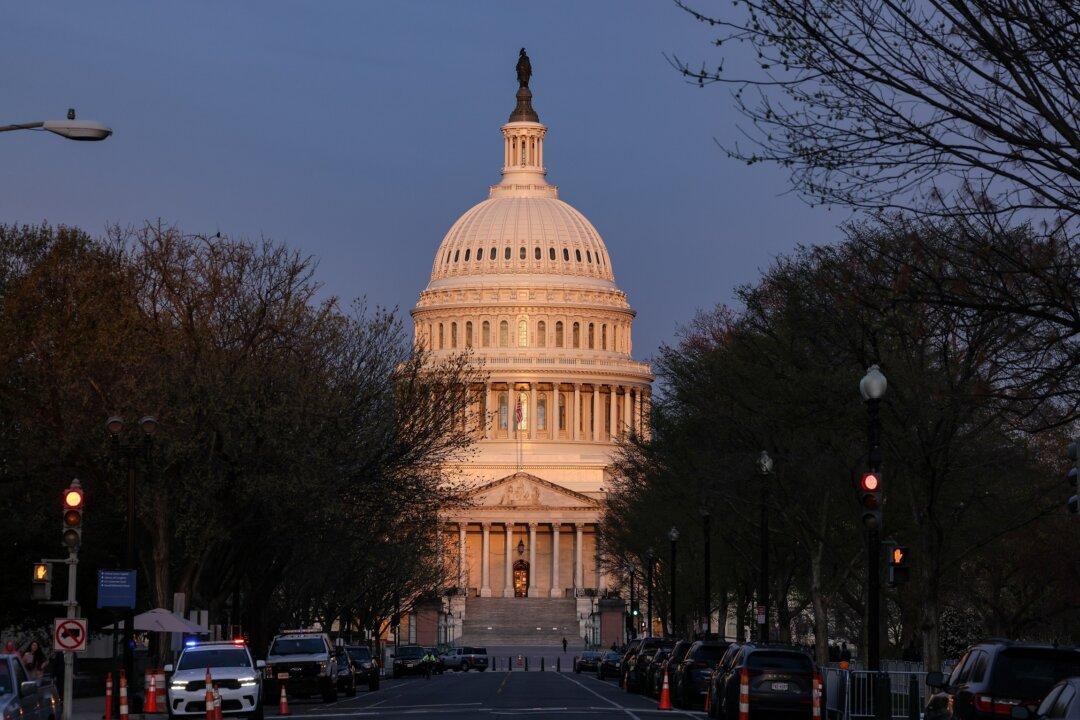After passing a $95 billion package last week that included assistance to Israel, Ukraine, the Indo-Pacific, and a bill with measures such as banning TikTok, Congress returns next week from a week-long break.
The House is scheduled to take up seven bills, with the most notable being legislation to combat anti-Semitism on college and university campuses, The Epoch Times has learned.





